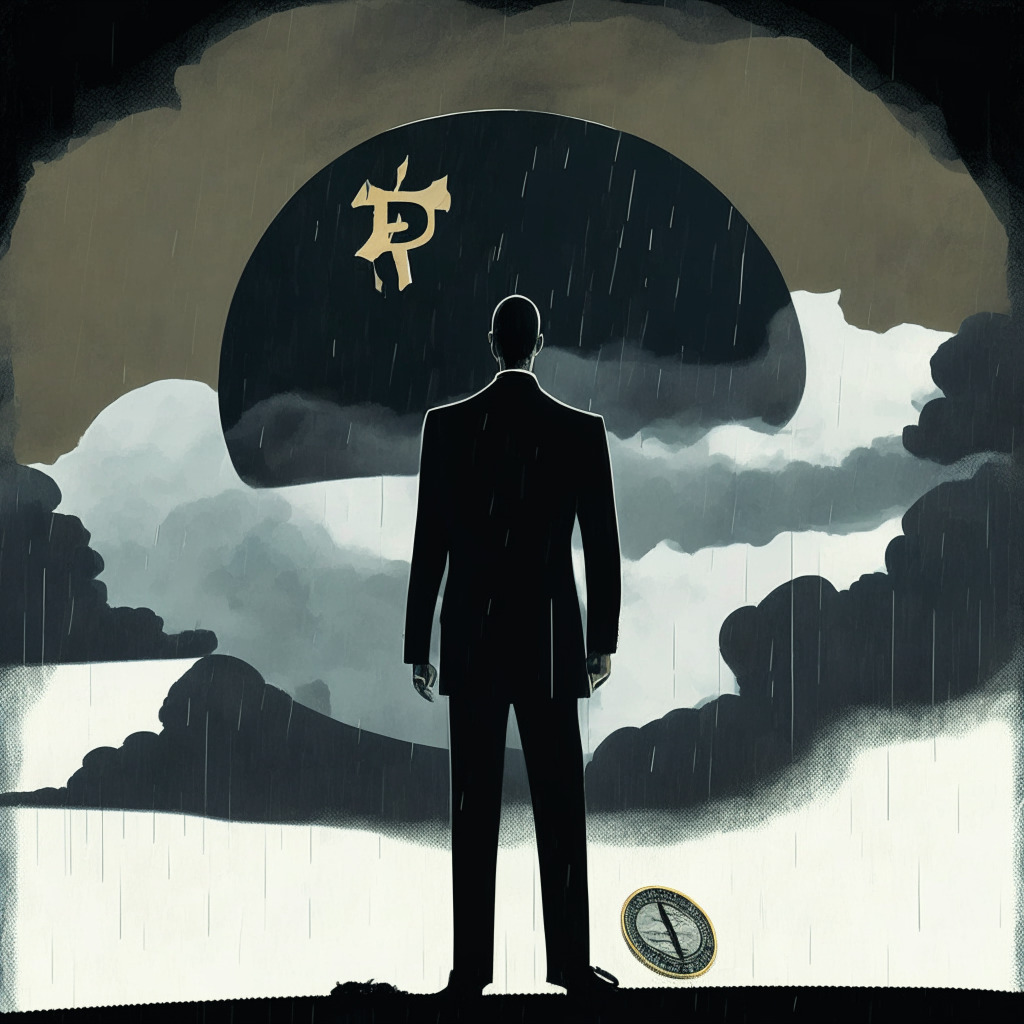Since his appointment as Chair of the Securities and Exchange Commission (SEC), Gary Gensler‘s perspective on cryptocurrencies has taken an intriguing turn. Pre-pandemic, Gensler was notably optimistic about blockchain, increasingly intrigued by its potential to reduce transaction-related costs, decrease economic rénts, and enhance economic inclusion.
However, after assuming his position at the SEC, Gensler adopted a more circumspect approach. Drawing on a “poker chips” analogy, he started to voice concerns about cryptocurrencies, cautioning Congress over the ballooning stablecoin market and its potential systemic risks.
In the aftermath of the high-profile collapse of the cryptocurrency exchange FTX– an event that hurled allegations of negligence in Gensler’s direction and triggered criticism from lawmakers – Gensler’s stance further hardened. Determined to avert potential catastrophe, he escalated his legal actions against prominent industry players.
In addition to pursuing FTX, Gensler also initiated lawsuits against Binance and Coinbase, levying a slew of charges against both for allegedly operating unregistered exchanges and offering unregistered securities.
But while Gensler appeared to be riding high on his wave of regulatory crusade, recent developments have thrown a wrench into his plans. In a potentially game-changing judgment last week, the US Court of Appeals ruled in favor of Grayscale, directing the SEC to reconsider its earlier refusal of Grayscale’s application to transform its GBTC fund into a Bitcoin exchange-traded fund (ETF).
In light of this ruling, analysts at JPMorgan posit that the SEC may be compelled to give their approval to several pending spot bitcoin ETF applications, including one from Grayscale. As the SEC grapples with this significant legal setback, Gensler’s regulatory rigidity towards the crypto market has come into sharper focus.
Still, it’s not just the crypto space that has seen a strong hand at the regulatory helm under Gensler’s stewardship. Gensler has also been proactive in executing new rules and regulatory proposals in traditional finance. In fact, according to the Committee on Capital Markets Regulation, he has outpaced all of his predecessors in terms of new regulations since the aftermath of the 2008 financial crisis. His work, it seems, continues on all fronts.
Source: Cryptonews




